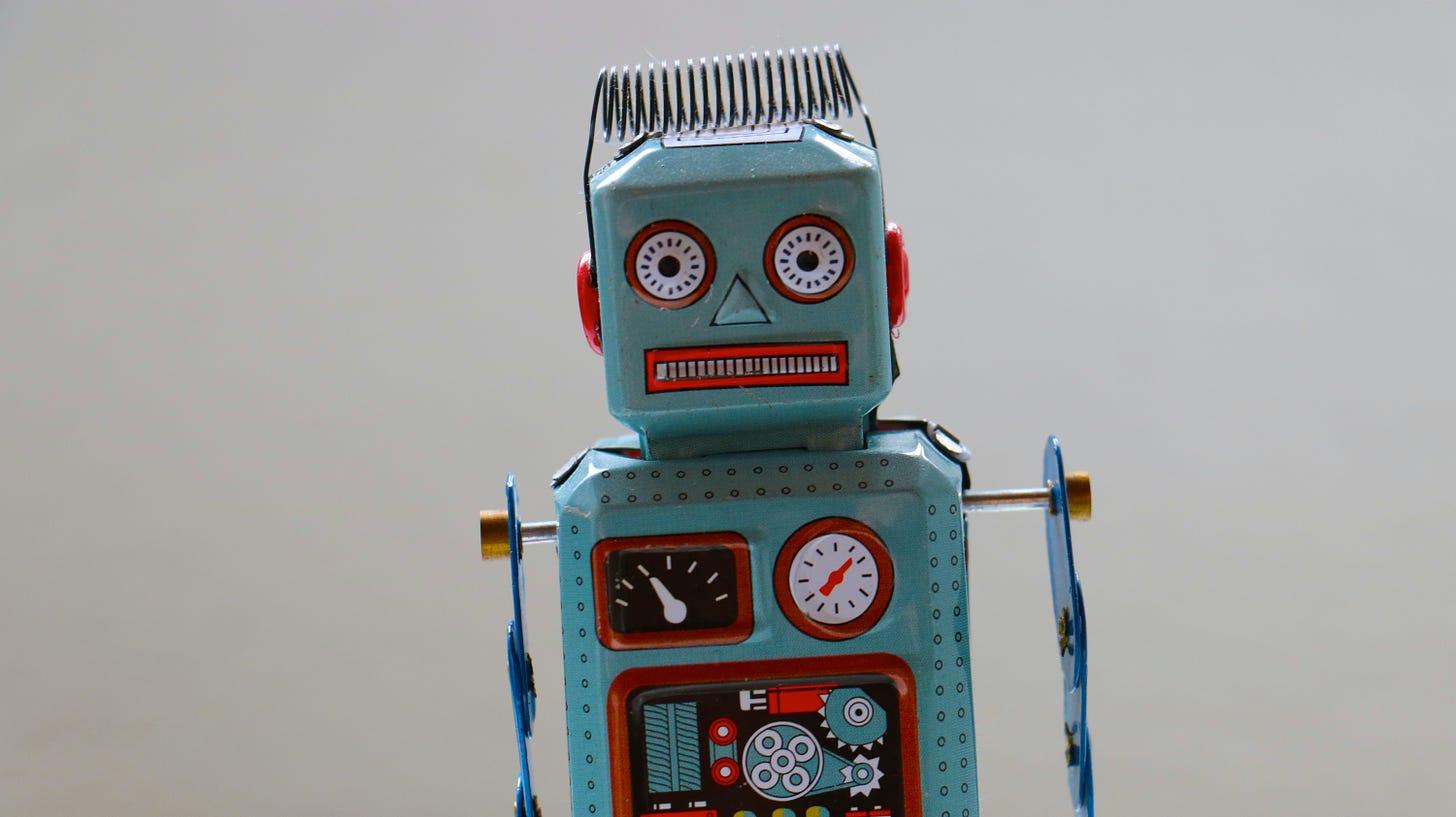The Future of Work: AI and the Transformation of Industries
An in-depth exploration of the implications of Artificial Intelligence on the job market and various industries, based on insights from Ben Goertzel, CEO of SingularityNET.
The AI Revolution and the Job Market
In a recent interview with CNBC International TV, Ben Goertzel, CEO of SingularityNET, shared his thoughts on the impact of AI on the job market. He suggested that AI, especially as we advance towards artificial general intelligence, will significantly reduce the need for human labor. This could be the first technology in history to create fewer jobs than it eliminates, marking a significant shift in the dynamics of employment and society at large.
The Societal Implications of AI
Goertzel views this shift as a positive development, arguing that there are more rewarding pursuits for humans than scrambling for resources. However, he acknowledges the potential for disruption. The societal and financial implications could be profound, and it's uncertain whether we're ready for such a transformation. He predicts that developed countries will likely implement measures like Universal Basic Income to mitigate job loss due to AI, but the situation could be more challenging in the developing world.
AI and Industry Transformation
According to Goertzel, AI will transform every industry. Digital businesses are expected to adapt more quickly than those involving physical goods. Industries like graphic arts, music, writing, and accounting software, as well as both enterprise and retail businesses, can be "aiified" rapidly. However, industries involving physical goods or those held back by regulations, such as medicine, may face more friction in adopting new AI technologies.
The Endgame of AI
Goertzel suggests that the endgame of AI is a world where no humans need to work for a living, and we can focus on other activities besides pursuing economic opportunities. However, he also sees significant economic opportunities in the interim for those who can combine AI know-how with expertise in a specific area and facilitate the takeover of that area by AI technologies.
Conclusion
The insights from Ben Goertzel present a fascinating glimpse into the future of work and industries in the age of AI. While the transition may be disruptive and challenging, the endgame could be a world where humans are free from the necessity of work for survival, and can instead focus on more rewarding pursuits. As we navigate this transition, it's crucial to consider the societal implications and strive for solutions that ensure a fair and equitable future for all.




